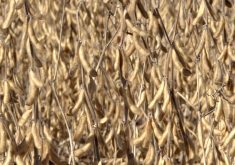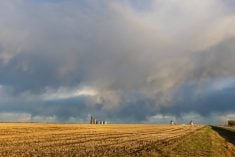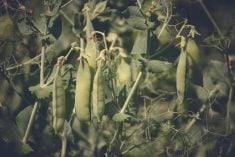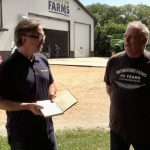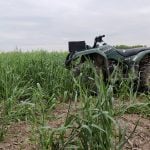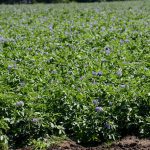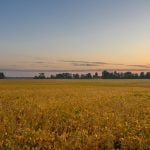Seed developer Monsanto said on Monday it will spend $100 million over the next 10 years on breeding corn for Western Canada — a move it said might change the crop makeup in a fertile region that produces big harvests of spring wheat and canola.
Monsanto said it would focus on producing corn that matures earlier than current varieties, making it a seeding option for an area of Western Canada spanning 26 million acres.
Factoring in farmers’ crop rotations, corn may annually occupy eight million to 10 million acres of Western Canada by 2025, Monsanto said.
Read Also
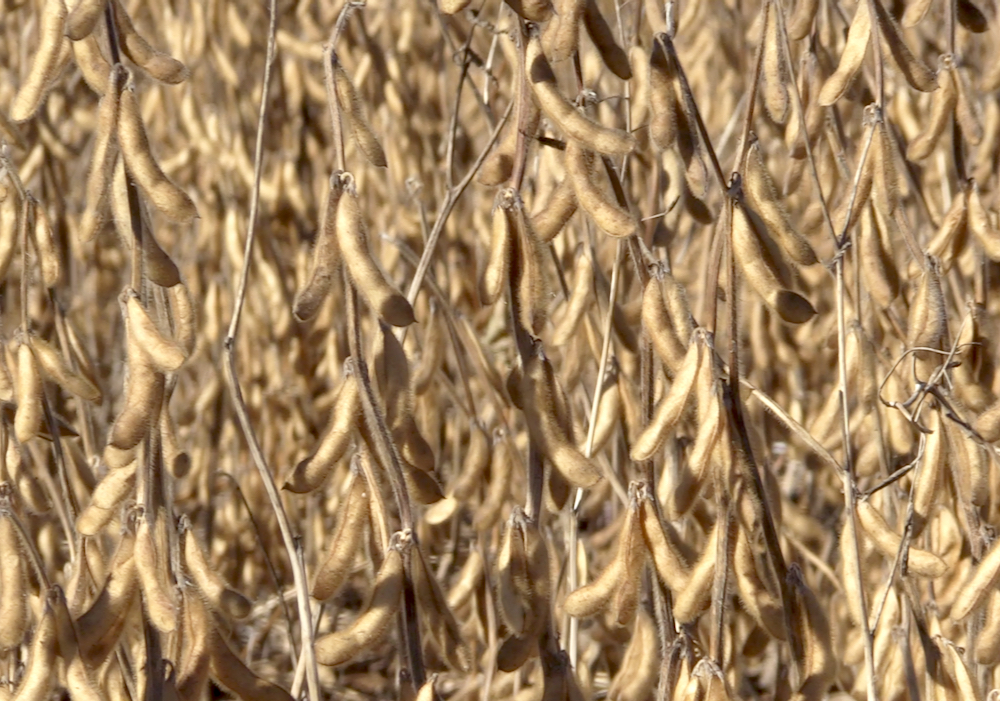
CBOT Weekly: Grain, oilseed futures under pressure
November soybeans lost 23 U.S. cents per bushel during the week, while corn and wheat losses ranged from five to 10 cents.
Western Canada farmers grow grain corn for use in ethanol plants and livestock rations on a relatively small area of 300,000 to 400,000 acres, nearly all of those in southern Manitoba.
Corn prices are attractive to Canadian farmers, but the relatively short growing season in parts of Western Canada, particularly in the top grain-growing province of Saskatchewan, has led to a focus on wheat, canola, barley, oats and niche crops such as mustard and lentils.
If corn catches on in Western Canada, it would continue the crop’s northwestern migration from traditional growing areas in the U.S. Midwest. Corn has already changed the mix in the U.S. northern Plains states of North Dakota and South Dakota, thanks to a mix of better seed varieties, long-term warming trends and soaring profits.
Monsanto will aim to breed corn varieties that mature in 70 to 85 days. Currently, the earliest maturing variety in Monsanto’s Dekalb brand needs 76 days.
“But if you’re able to drive down to 74, and then 72 and even 70 and maybe lower, that opens up quite a large western Canadian geography,” spokeswoman Trish Jordan said.
Monsanto’s rival DuPont Pioneer also sees a bright future for corn in Western Canada, likely at the expense of other feed grains like barley and wheat.
“When farmers want to try corn, they’re trying it in a very significant way. They’re going out to buy equipment to plant a lot of acres,” said Greg Stokke, DuPont’s business director for Western Canada.
Last year, southeastern Saskatchewan saw more corn planted than usual, leading to a bountiful harvest that other farmers noticed, Stokke said.
“It felt like you were in Iowa. That’s a glimpse of what’s going to come.”
Based on DuPont’s sales, corn acres are “definitely up” in Western Canada again this year, he said.
Statistics Canada will report on Western Canada’s crop plantings on Tuesday.
“Attractive”
Farmers who are wary of growing corn for the first time tend to be concerned about risk, Stokke said. Growing corn requires farmers to acquire some new equipment, while frost before the plant reaches the right maturity level leads to a discount in corn prices.
Saltcoats, Sask. farmer Kevin Elmy, who grows crops for seed to sell to other farmers, has also seen the interest in corn grow. But he said he remains cautious about its potential because Saskatchewan lacks the heat of traditional corn-growing areas, putting the onus on corn that can mature more quickly.
“If we ever get a good grain variety, there’s huge potential,” he said. “Because when you look at the gross dollars from corn, it’s very attractive.”
Potential markets for more corn already exist in Western Canada. Husky Energy owns a large ethanol plant at Minnedosa, Man. and currently imports some of its corn feedstock from the U.S., Jordan said. The western provinces also have large cattle sectors.
Monsanto’s increased budget for breeding corn suitable for Western Canada places it in the company’s top three Canadian spending priorities, behind canola and soybeans.
— Rod Nickel is a Reuters correspondent based in Winnipeg.


